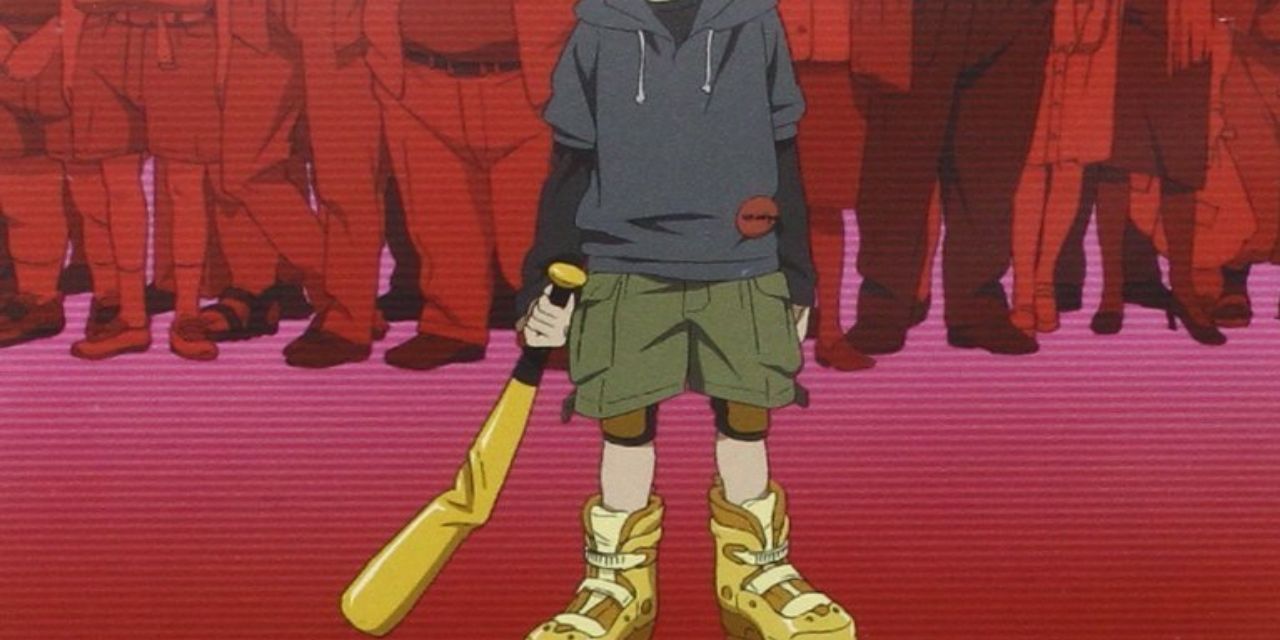
When it comes to psychological thrillers, anime isn’t always seen as a source for the genre. Nevertheless, there have been several great psychological terrors in the medium, namely involving the works of Satoshi Kon. One such example was the TV series Paranoia Agent, which is seen as a gem in the genre. In terms of being the best, however, its direct competition is a similar hit from a few years earlier.
Serial Experiments Lain was a strange yet now acclaimed anime series that combined cyberpunk with prescient transhumanism, and it explored concepts that seemingly paved the way for social media. On the other hand, Paranoia Agent is a show that feels just as timely due to how it handles media hysteria and modern urban legends. Both of these anime are absolutely fantastic examples of the psychological horror genre, but one takes its concepts to the fullest for a truly must-watch experience.
The Dark Anime Was the Most Prescient Cyberpunk Series
Released in the summer of 1998. Serial Experiments Lain was an anime that was darkly ahead of its time. The series focuses on a young girl named Lain Iwakura, a rather distant girl who’s a member of an equally disconnected family. Her life is turned upside down when she investigates the emails sent by a classmate that’s supposedly dead. Discovering that the girl has “abandoned her physical self,” Lain looks into the digital world of The Wired. There, she soon finds out just how powerful she could be in this new reality, all the while becoming more dejected in the physical world. This sees her understand that her new role could be that of a veritable god in The Wired.
Though the show was released in the late 1990s, the Chiaki J. Konaka-penned Serial Experiments Lain feels more at home in the 2020s, or at least laid the groundwork for them. The discussion of The Wired and its connection to those who use it around the world is very much a predecessor to how social media would manifest years after the show came out. Adding to the pros and cons of this new form of connection is how disconnected everything else feels. Lain’s family barely communicates, with her computer-obsessed father being the only one who shows much of an interest in anything. This could be seen as a prophetic look at modern communication, namely in the face of the ubiquity of smartphones. Likewise, even the transcendent world of The Wired is something beyond the familiarity of humanity, so those who choose this more “welcoming” path are still forced to become something other than what they naturally are.
The generally dour sense of foreboding is furthered by how synthetic even the “real” world in the anime is. The shading and sound design for Serial Experiments Lain create a sort of noir/cyberpunk hybrid, resulting in a natural world that feels anything but inviting and cheerful. It’s no wonder so many escape to The Wired, and the show as a whole has a tone that feels as if the characters are creepily walking on eggshells. In the end, it truly does hit home as to why Lain seeks to become a god in the digital world, as she has to go to this new reality to cope with the disappointment and emptiness everywhere else. It’s an interesting look at a very literal god complex, and it once again foreshadows how many find value and meaning in various social media outlets, be it involving fandom, online games or political activism. Lain showcased all of that years before it became an everyday reality, which is perhaps why it’s so haunting.
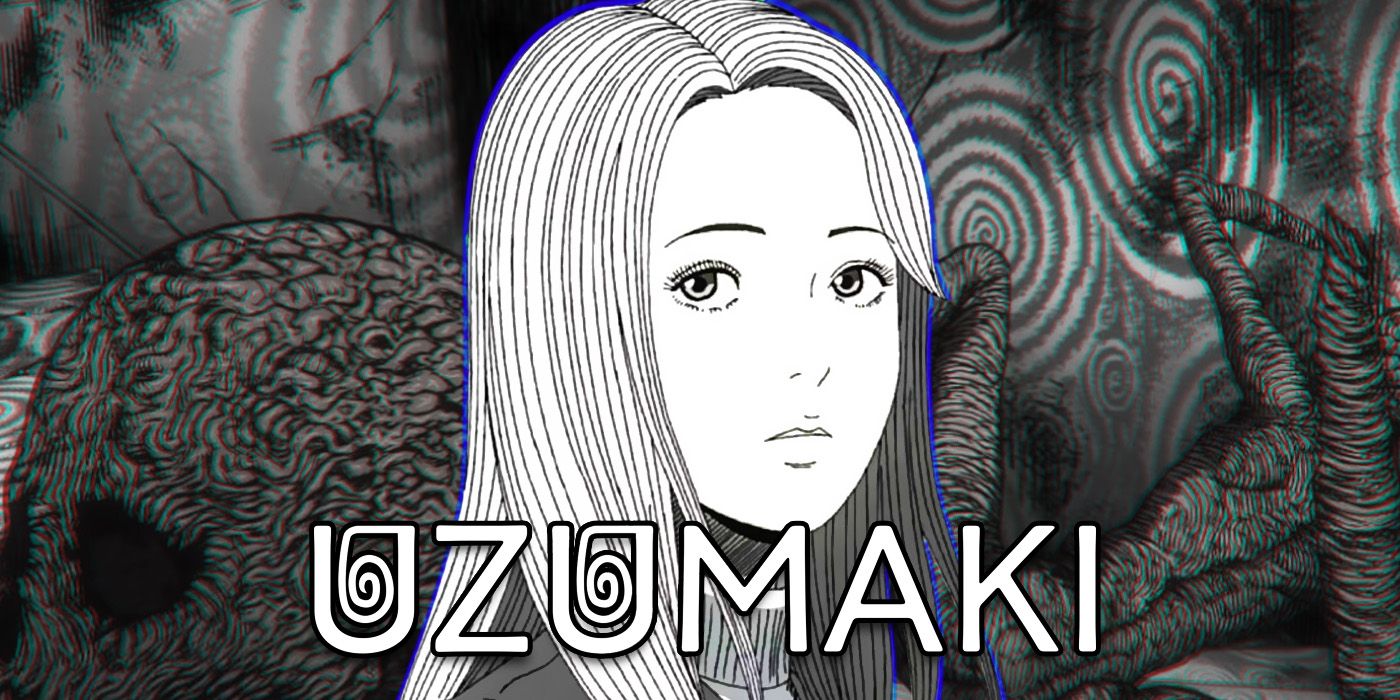
Related
How Uzumaki Is a Masterclass of Body Horror
Uzumaki is Junji Ito’s magnum opus in how it utilizes his usual body horror tropes, even if the anime adaptation might not portray this correctly.
Paranoia Agent Feels More Relevant Than Ever
Lil’ Slugger Is a Media Frankenstein Monster
Having been released in 2004, the psychological classic Paranoia Agent is now 20 years old and more relevant than ever. The story of the series, which was one of many anime gems by the legendary Satoshi Kon, involves a social phenomenon around Tokyo involving a strange young boy nicknamed “Lil’ Slugger,” or Shonen Bat (Bat Boy) in the Japanese script. Supposedly assaulting various citizens across the city with a baseball bat as he rides on rollerblades, Lil’ Slugger’s existence is highly doubted by the detectives investigating the case until he begins to gather more victims. This sees the detectives and the city at large question the nature of the strange young man.
Paranoia Agent‘s topical nature is derived from the show’s handling of the media, the news and how legends are created. News of Lil’ Slugger begins to spread, and it makes the fear of him more palpable. There’s even an imposter who showcases how rumors would inspire copycats, namely among the youth. Said character is a young man who’s caught up in a fantasy world, and this reflects how even adults view Lil’ Slugger. Due to the mystique surrounding him, the exact nature of Lil’ Slugger and his assaults are constantly made out to be borderline supernatural by the average Joe, namely children. It’s a reflection how the news helps to spread rumors and disinformation, which then go on to form completely inaccurate worldviews. In many ways, Lil’ Slugger is a modern example of superstitious folklore, something that urban Tokyo society seems to be far removed from. In updating a concept analogous to Japanese yokai or various tall tales around the world, the show displays how quickly something can become part of the prevailing cultural conscious. In many ways, Lil’ Slugger was the equivalent to Slenderman and similar ideas.
Another way that this could also be seen in today’s media as well, with the topic of “fake news” having been on the minds of many for almost a decade. Paranoia Agent weaponized fake news before there was even a term for it, all the while showcasing a sort of radicalization (in the case of the Lil’ Slugger wannabe) through the media. An ironic point of comparison might be the media controversy surrounding the release of 2019’s Joker, which ended up being fomented for nothing at all to happen. In Paranoia Agent, an exploration of fads and popularity can also be seen through a young boy who suddenly goes from prince to pauper after he’s suspected of being Lil’ Slugger. The titular paranoia surrounds the characters in several ways, and the bat-wielding boy is only one manifestation of how These elements end up making the show interesting and terrifying in unexpected ways, which is why it’s just as relevant years later.
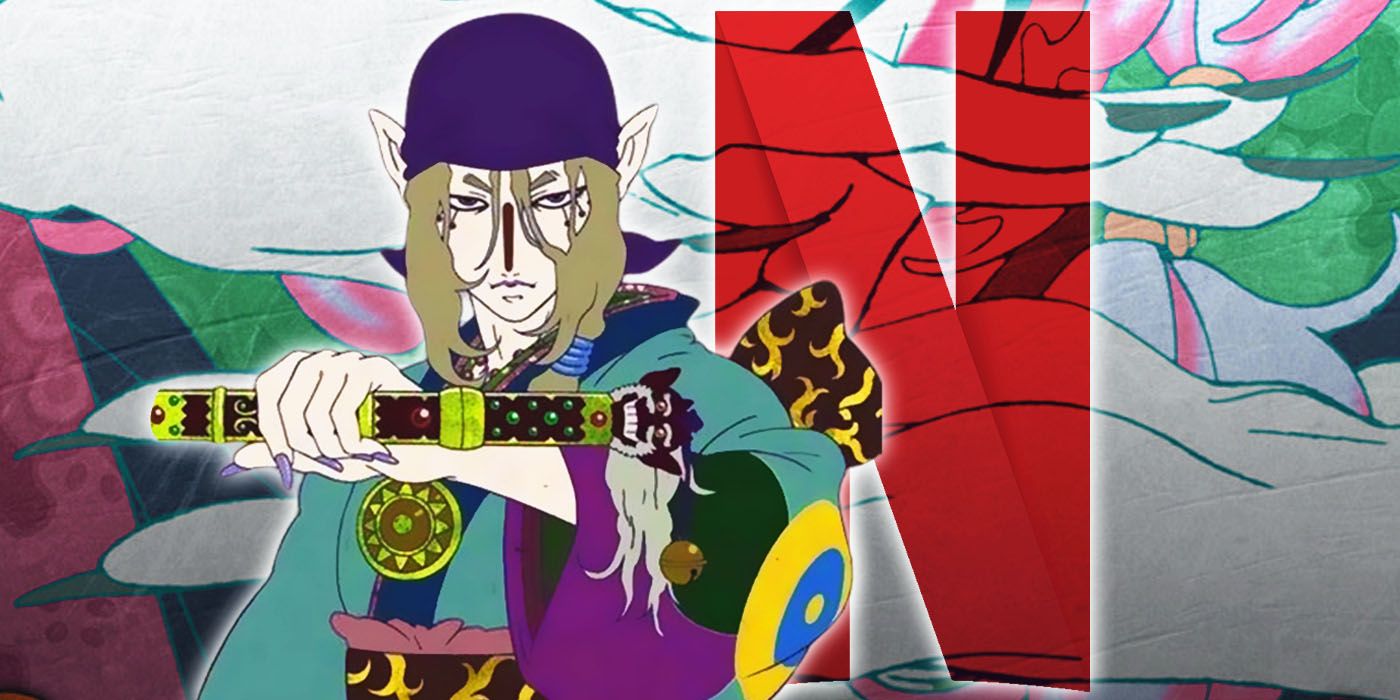
Related
Netflix Reveals Streaming Plans for Anime’s Best New Psychological Horror
An avant-garde anime movie, based on a Toei Animation series known for its psychological and supernatural horror themes, will soon be hitting Netflix.
These Two Classic Anime Work Best Due to a Lack of the Supernatural
The Best Psychological Anime Have Different Kinds of Terror
Some might not immediately see the “horror” inherent in both Paranoia Agent and Serial Experiments Lain, namely due to the lack of the “supernatural” in a traditional sense. While there are unrealistic elements and things that would fall into the realms of magical realism, the shows lack any sort of vampires, zombies, magical powers or anything of the sort. Instead, the true terror comes from just how relatable things are, even when they hinge on the psycholigcally strange. As noted, Serial Experiments Lain can be appreciated now more than ever, with its gritty yet stylized sense of darkness reflective of how many young people disconnected from their lives feel in today’s society. While Lain literally becoming a god with the power to change reality feels more like something out of the equally-psychological Neon Genesis Evangelion, it’s the overall tone and sense of physical and digital loneliness that paint a terrifying picture for what the future has become.
Likewise, Paranoia Agent is even more topical with how the world has become hyper-focused on grim headlines and demonization. For every strange sequence in which someone seemingly hallucinates the actions of Lil’ Slugger, there’s an element that’s based in reality. This manifests mainly in different psychological issues experienced by each other the characters. In this way, the story is “broader” in the themes it deals with, and there’s a stronger sense of relatability due to this. For that reason, Paranoia Agent is better at portraying the “real world” horrors of what are now everyday realities compared to Serial Experiments Lain. While the latter also showcases many of the tangible issues with the internet and social media, by the end, it becomes far more esoteric than this initial scope. While Paranoia Agent has its own similar elements by the end of its story, it mostly keeps things in a tangible fashion. For this reason in particular, its story remains to most understandable, as it perfectly brings to life the feat that fear begets.
In some respects, Lil’ Slugger is essentially a slasher vilain. The copycat that appears at one point evokes something like the Scream series, but the more psychological aspects are evocative of a more realistic take on dream demon Freddy Krueger. The fact that each of his victims sees him differently is even more similar to dreams and other unique forms of characterization. Again, this expands things beyond Lain becoming a sort of digital god in The Wired, ensuring that Paranoia Agent isn’t just a “one-trick pony.” Even its more over-the-top finale, which feels more in line with a cosmic horror in the vein of Junji Ito’s Uzumaki series, is still tied to the overall miasma of paranoia and fear that Lil’ Slugger has enveloped the city in. Lain goes back and forth between more experimental narrative concepts such as the antagonistic Knights of the Eastern Calculus and far more open-ended storytelling. While this keeps it from becoming blase, it also means that it can sometimes be more obtuse than necessary. This makes Paranoia Agent, overall, a more rewarding series for those looking to be disturbed to their core, not with ghouls and ghosts, but the true phantoms of societies ills and issues. It also has more “definitive” answers and narrative directions, refraining from the feigned depth of the abstract. While both Paranoia Agent and Serial Experiments Lain are more than worth a watch, it’s the former that truly nails the ending and feels the most relevant to society among the two.
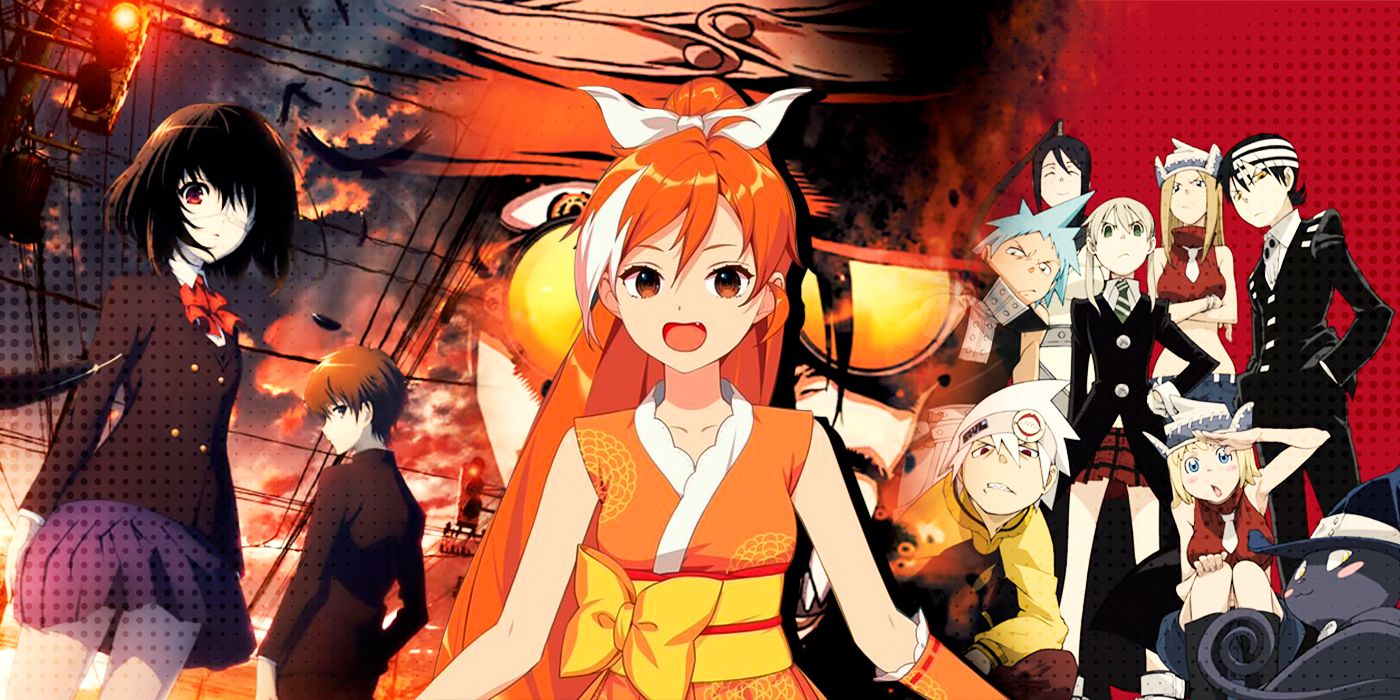
Related
Crunchyroll Goes Full Horror With 20 New Free-to-Stream Anime for Halloween 2024 Lineup
Crunchyroll gears up for a spooky Halloween with free-to-watch fan-favorite horror shows like Another, Hellsing, The Promised Neverland and more.
-
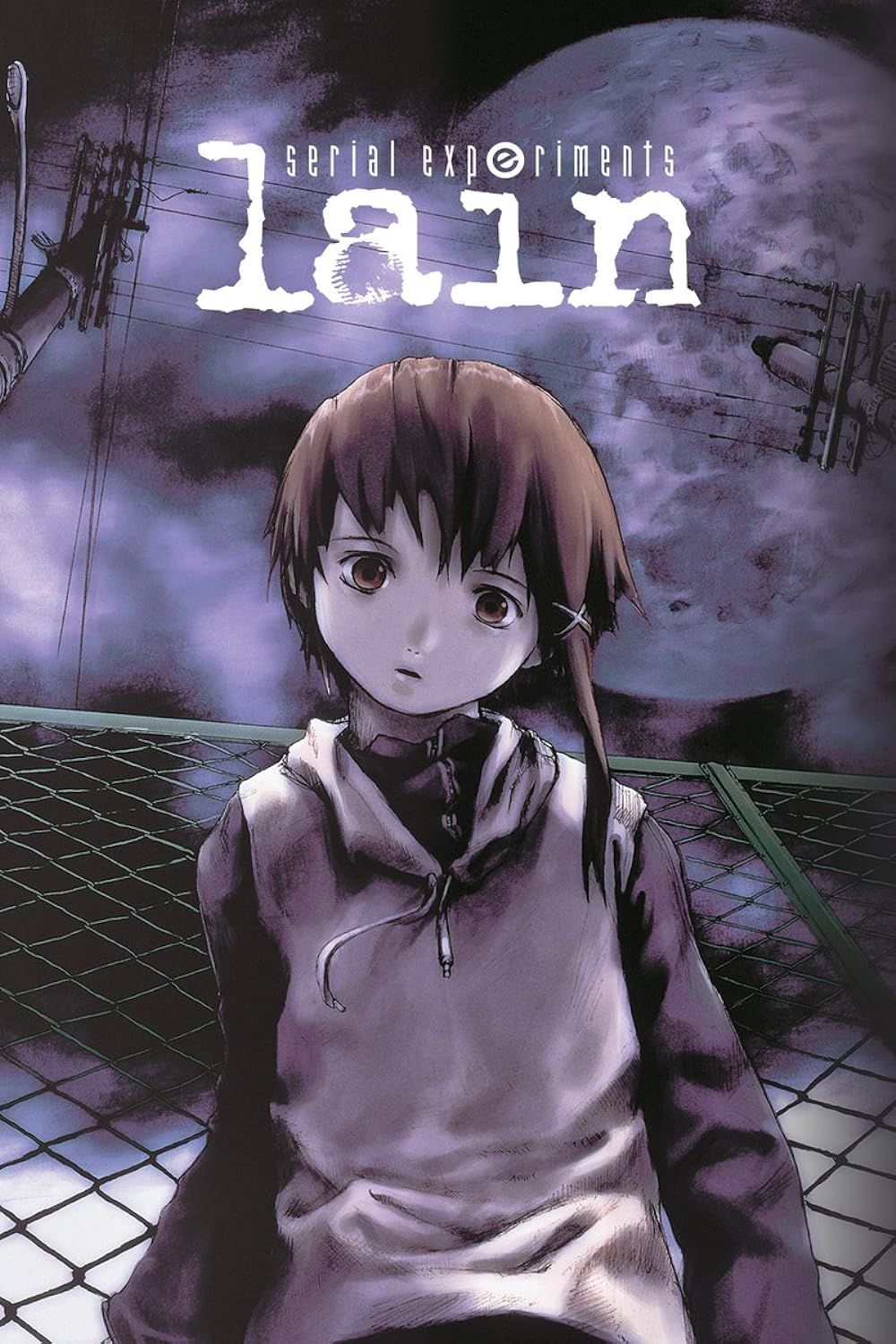
Serial Experiments Lain
Strange things start happening when a withdrawn girl named Lain becomes obsessed with an interconnected virtual realm known as “The Wired”.
- Release Date
- July 6, 1998
- Cast
- Kirk Thornton , Bridget Hoffman , Shō Hayami , Kaori Shimizu , Ryūsuke Ōbayashi , Barry Stigler
- Seasons
- 1 Season
-
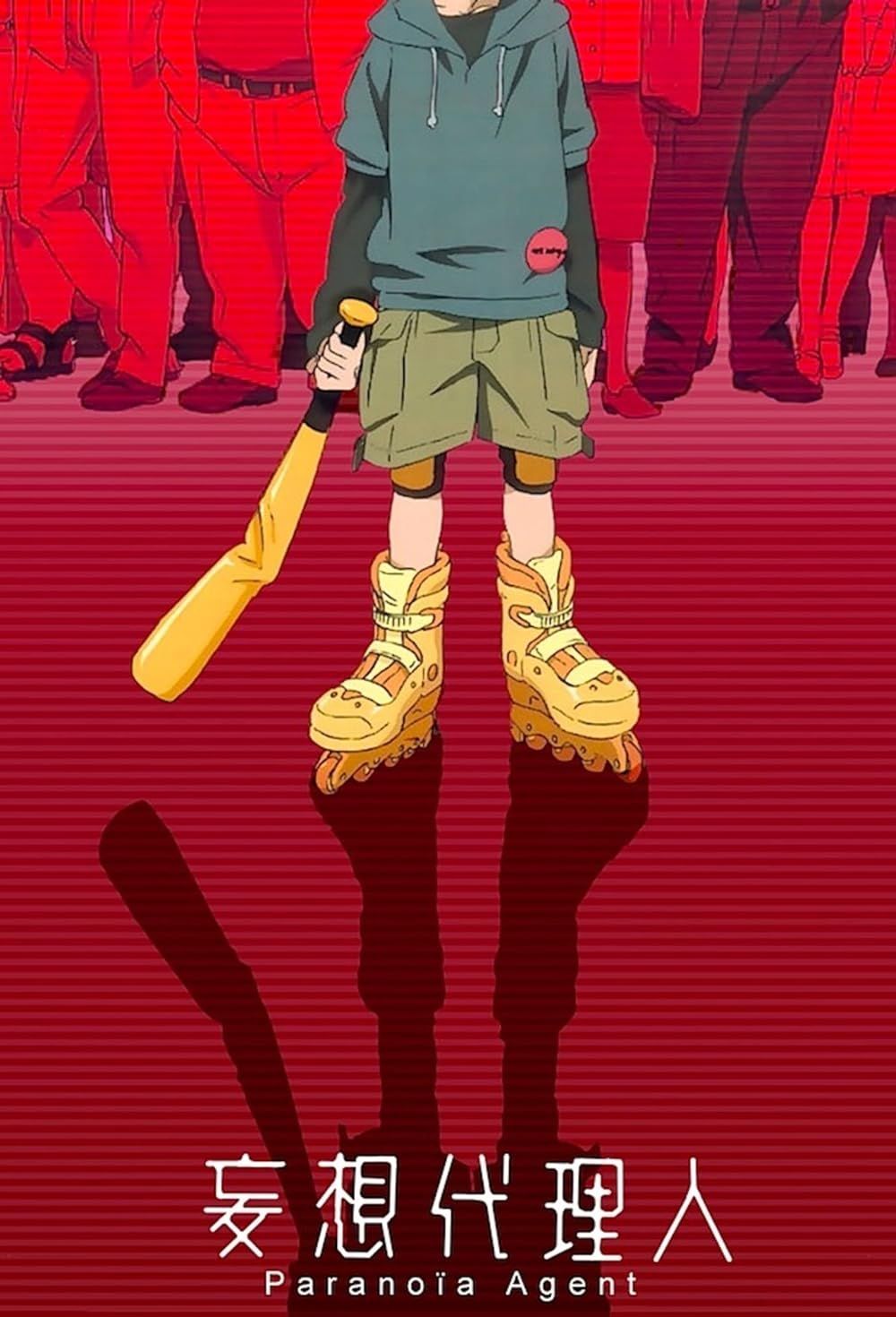
Paranoia Agent
Seemingly unconnected citizens of Tokyo are targeted for bludgeoning by a boy with a golden baseball bat. As detectives try to link the victims, they discover that following the assaults, the victims’ lives have improved in some way.
- Release Date
- April 14, 2011
- Cast
- Tara Sands , Griffin Burns , Xanthe Huynh , Erica Lindbeck , Michelle Ruff , Ray Chase , Erica Mendez
- Seasons
- 1
Discover more from reviewer4you.com
Subscribe to get the latest posts to your email.
